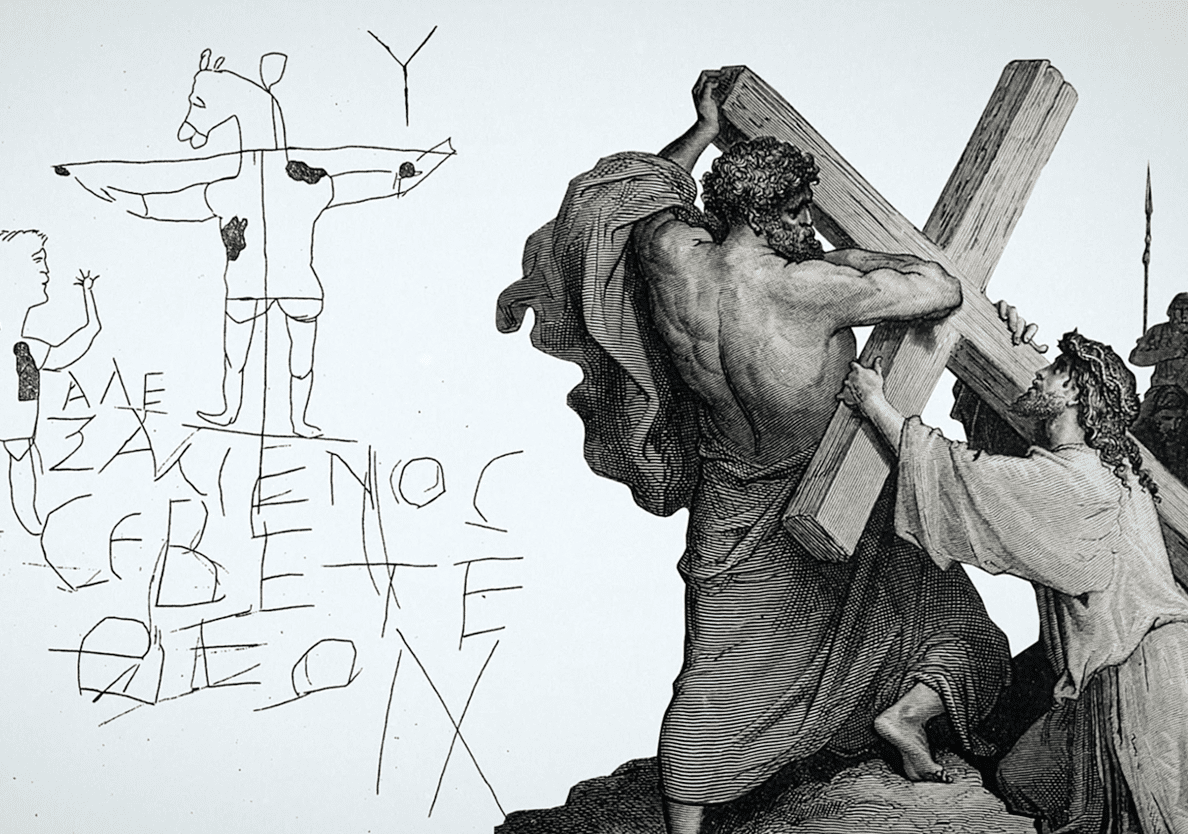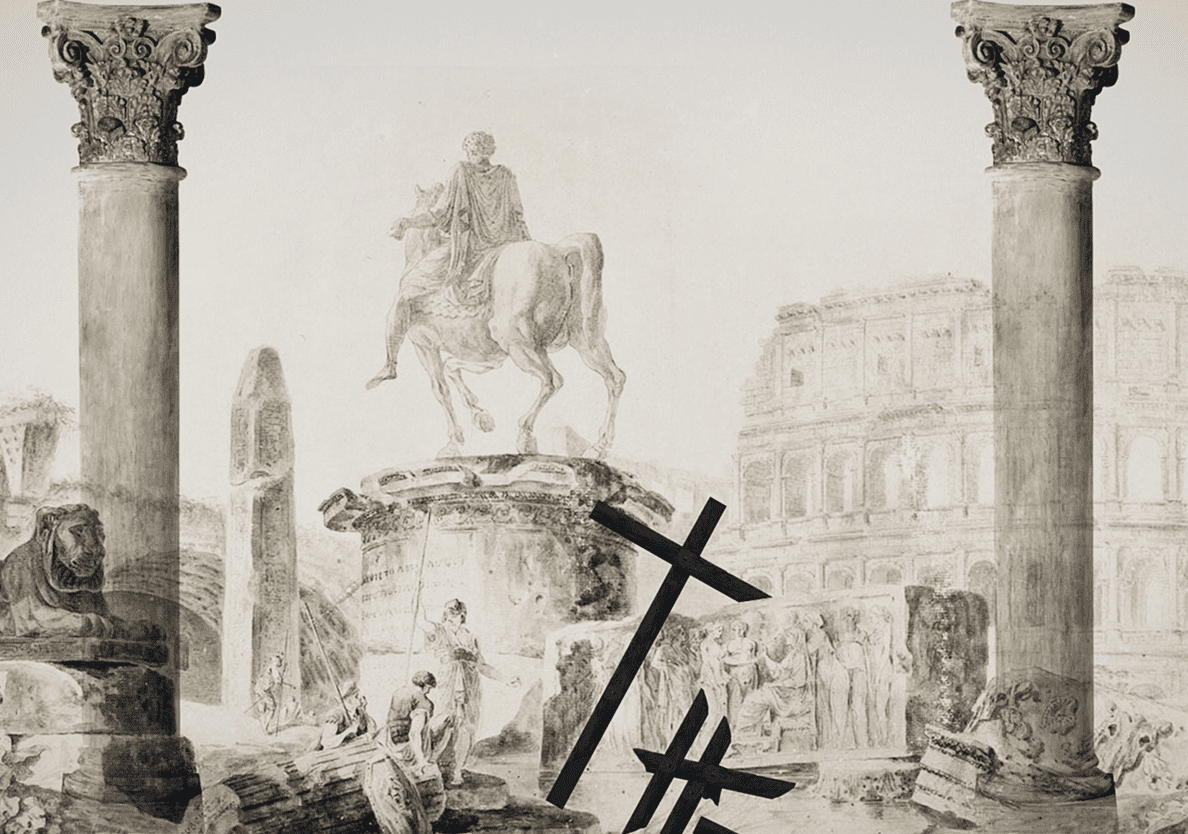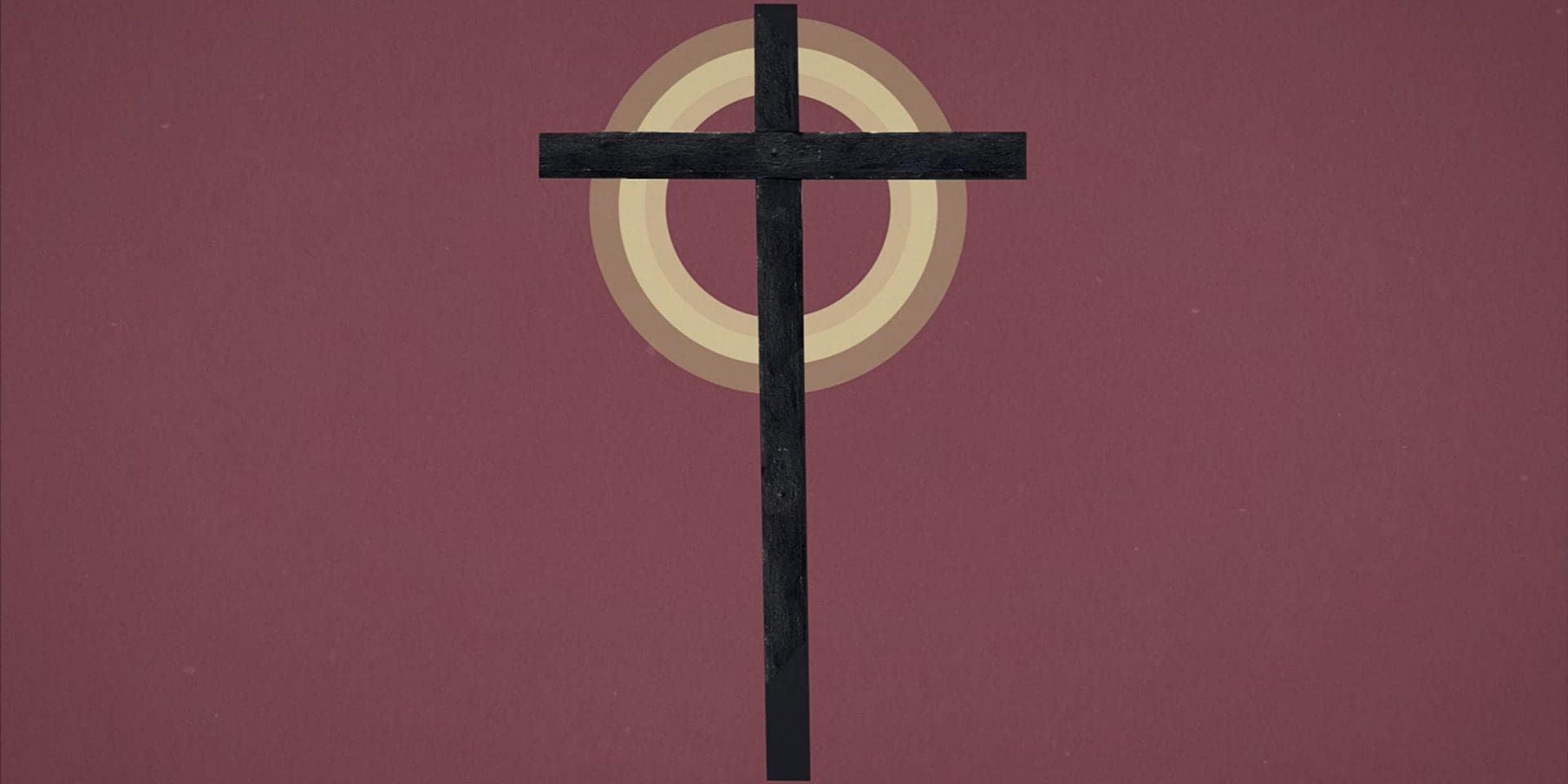It is difficult for the modern reader of the Bible to fully understand many of the New Testament references to crucifixion. Today, crucifixion isn’t primarily associated with the ancient practice, but rather as synonymous with Jesus Christ. The cross has become an enduring symbol of Christianity, associated with the peace and Love of God. Crosses decorate churches, Bibles, and the necks of the devout, or even the secular but fashionable.
A close look at the cross’s Scriptural mentions, however, reveal its shocking history as the most culturally shameful element of Christianity. At its core, the message of Jesus crucified was as Paul put it, “foolishness to those who are perishing” (1 Corinthians 1:18), and that, “we preach Christ crucified: a stumbling block to the Jews and foolishness to the Gentiles…” (1 Corinthians 1:23). What exactly is meant by this?

Historian of Religion, Martin Hengel, in his scholarly work titled, Crucifixion, masterfully overviews the ancient practice of crucifixion and attitudes that surrounded it. He demonstrates that it was a practice spread far and wide across time, distance and cultures.[1] Early on, it had associations with human sacrifice, but its primary usage was as a punishment for political and military purposes.[2] It was used as a deterrent against rebellion and treason, with the condemned being crucified in the territories where they rebelled, or the areas in which they stole, murdered or were born.[3]
In Rome it was reserved only for slaves and the lowest classes, but in instances of rebellion, heinous crime or treason, a person could be stripped of their citizenship or freedman status and executed as a rebel slave. It was seen as the worst death imaginable because it stripped one of all honour, status, and dignity. Crucifixion almost always involved the beating and torture of victims prior to nailing them on a wooden beam or cross structure.
“We preach Christ crucified: a stumbling block to the Jews and foolishness to the Gentiles…”
1 Corinthians 1:23
Interestingly, crucifixion was prized by the powerful as a means of control, praised by the masses for its ability to bring security to Rome, for example through ridding the seas of pirates and the highways of bandits, while at the same time becoming unmentionable to the civilized.[4] It was so shameful as to be taboo, a by-word, an offense just to speak it.
It is believed that most large Roman cities had a special place of crucifixion that always boasted the main support beams of crosses, and torture devices standing testament to the fate awaiting the rebellious.[5]


Imagine then the impact of Jesus’ statement that his true followers must pick up their crosses and follow him (Matthew 16:24). Powerful gods were not reduced to slavery and did not allow themselves to be ridiculed. This sentiment is illustrated in ancient Roman writings and in the famous graffiti of a crucified Jesus with a donkey’s head.[6]
Jesus’ crucifixion was an effective stumbling block to the Jews who believed Deuteronomy’s curse to those hung on a tree (Deuteronomy 21:23). How could the Messiah be cursed? Nevertheless, this is exactly what Christianity asserts: That Jesus humbled himself, taking the very nature of a slave, he was obedient to death – even death on a cross (cf. Philippians 2:6-11).

Corie Bobechko is a daily co-host, speaker, and writer of Bible Discovery. She also hosts a YouTube channel that shows how history and archaeology prove the Bible. Her heart for seekers and skeptics has led her to seek truth and share it with others. Corie also has a Bachelor of Theology from Canada Christian College.






